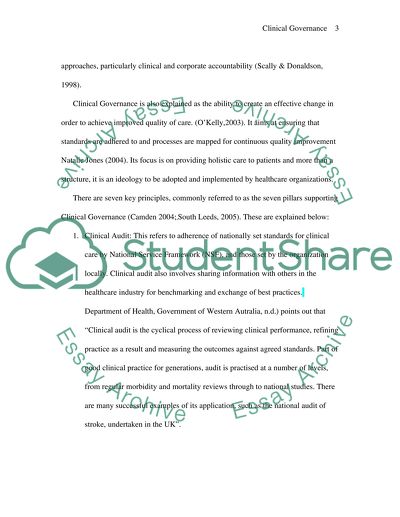Retrieved from https://studentshare.org/miscellaneous/1519315-case-management-in-the-psychiatric-icu-the-clinical-governance-perspective
https://studentshare.org/miscellaneous/1519315-case-management-in-the-psychiatric-icu-the-clinical-governance-perspective.


